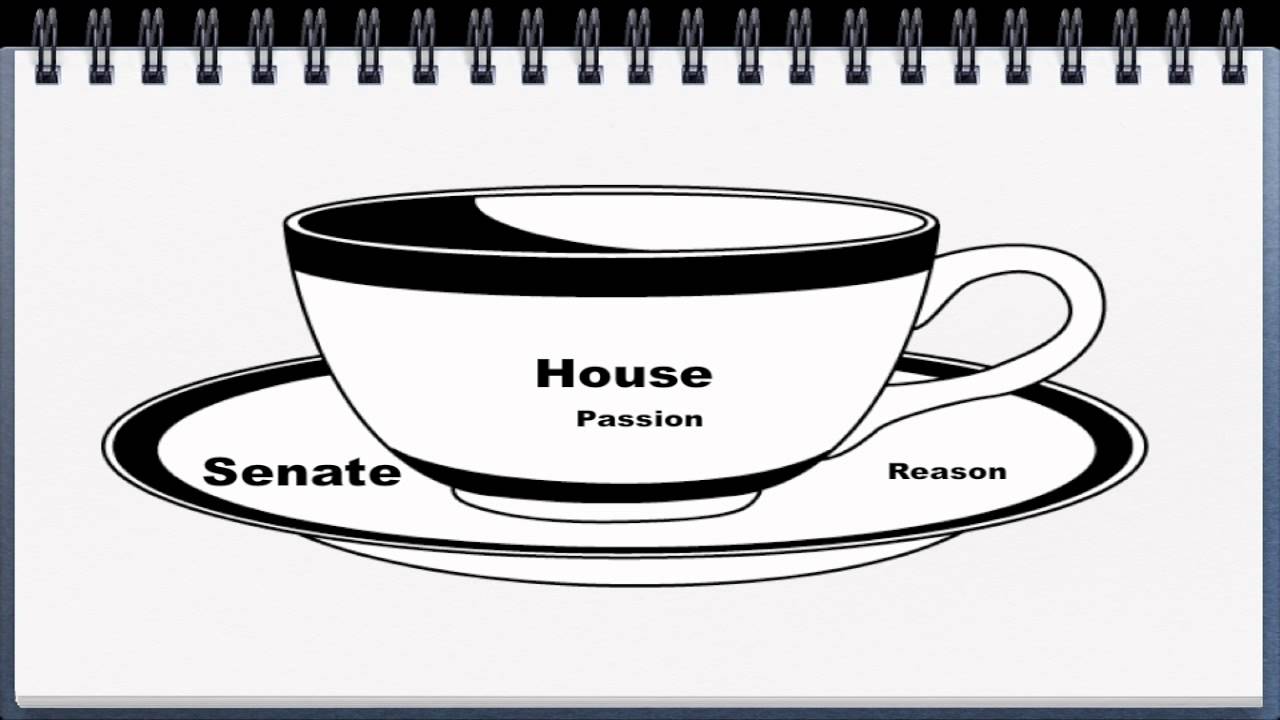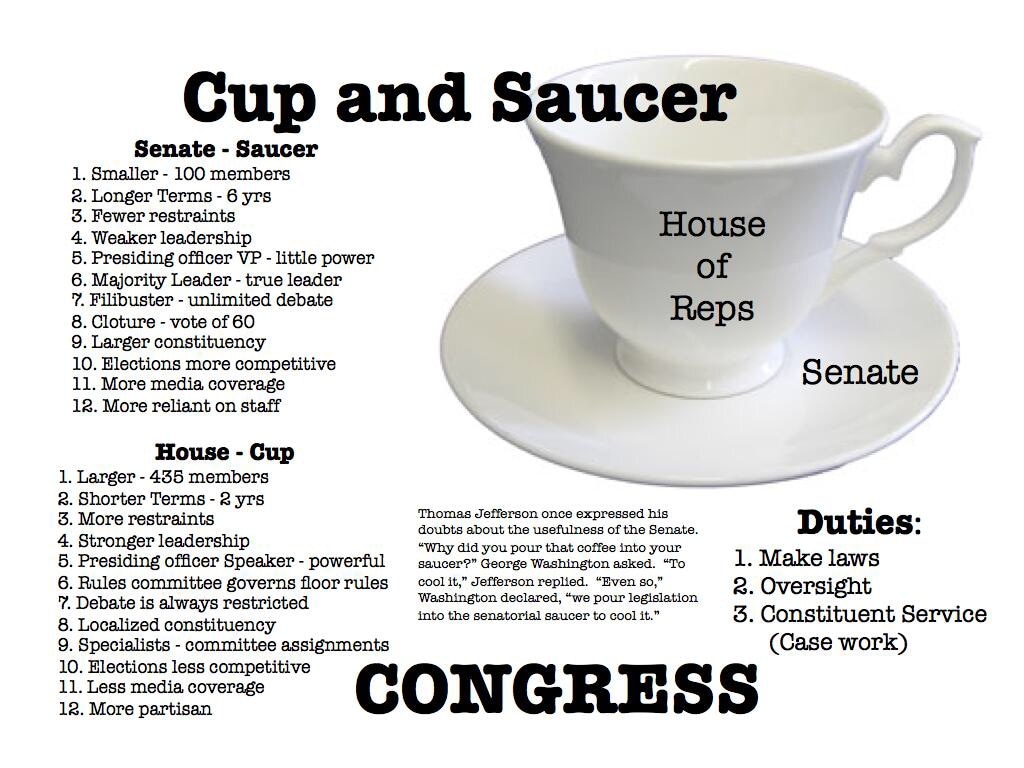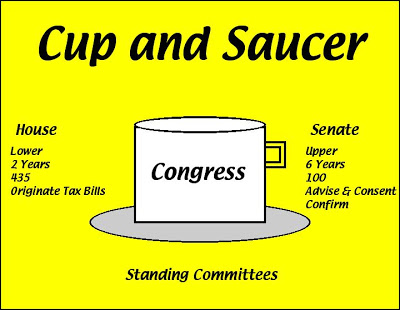Populism suggests emotion over reason to many.
The negative connotation of the term populism respects the dichotomy of emotion vs. reason as it relates to public policy and its effect on political decision-making — particularly voting. Emotion is seen by many as a less-reliable basis for creating public policy (and decision-making in general) than reason because emotion often overweights fears and biases and underweights facts and logic.
Therefore, candidates described as populists are often also (more pejoratively) called demagogues. And, accordingly, can be perceived as playing upon the emotional fears and biases of their constituents for their own political benefit at the expense of the very constituency who might elect them.
demagogue (or demagog):
a political leader who seeks support by appealing to popular desires and prejudices rather than by using rational argument. [Source]
This dichotomy between emotion and reason was acknowledged at least as far back as the founding of the United States and the framing of the Constitution. It is, for example, why the structure of the bicameral legislature (Congress) was designed the way it was. The House of Representatives was supposed to be closer to the people and, therefore, more emotional. Hence, fewer constituents on average and a shorter term (two years) vs. six years in the Senate which was supposed to be calmer and more rational.
Fig. 1. Cup-and-Saucer Political Metaphor for Congress. For more details, see below Fig. 2.
The above figure is a widely used metaphor for Congress. The House is depicted as the cup of hot liquid (emotional) and the Senate as the saucer (supplying a tempered, reasoned, cooling effect).
The web site of the U.S. Senate describes the following dialog between Washington and Jefferson:
https://www.senate.gov/artandhistory/history/minute/Senate_Created.htm
George Washington is said to have told [Thomas] Jefferson, "the framers had created the Senate to 'cool' House legislation just as a saucer was used to cool hot tea." [Source]


